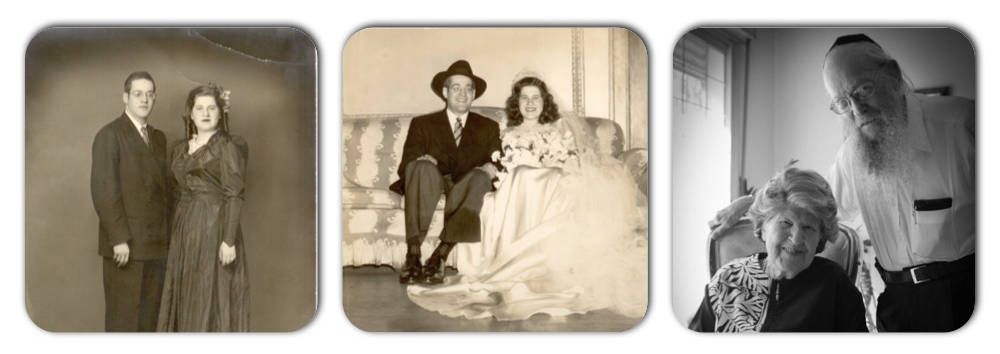David was kind enough to send us an English Dvar Torah since we didn’t have one for this week.
Thanks
BS”D
Parshas Beshalach
In this week’s Parsha, Parshas Beshalach, the Jews face their first difficulty as a newly redeemed nation: Go forward and be drowned in the sea, or turn back and be re-captured by the Egyptians. Baruch Hashem, as we all know, Hashem preformed the unbelievable miracle of Kriyas Yam Soof- the splitting of the sea- and disaster was avoided. The Yerushalmi states that the miracle of Kriyas Yam Soof was the real end of the slavery of Mitzrayim, the culmination of centuries of suffering, slavery and eventual triumph over our oppressors. Rav Yitzchok Hutner, ZT”L, asks a seemingly simple yet needed question on this Yerushalmi: If Kriyas Yam Soof was indeed the end of the slavery and galus, why did Hashem not mention this great event to Avraham Avinu at the Bris Bein Habsorim? Surly, knowing such a miracle would take place to his children would have been of great comfort to him.
Rav Hoberman ZT”L, in his sefer Ze’ev Yitrof, offers the following insight. In Parshas Lech Lcha, after being promised by God his children will merit the land of Israel, Avraham wonders “Bama Aydah Ki Arishenu”- How will I know my children will inherit the land which I am promised? Hashem’s response to the question was the Bris Bein Habasorim. Of course, Avraham would never doubt the word of God, rather, Avraham had a fear that Hashem might find it necessary to take away the land from his offspring if He felt it was deserved. This fear showed that the relationship which Avraham had with Hashem was one of a servant to a master. Although the servant will do anything his master asks, there is always a fear the master will sever the relationship if the need arises. This relationship remained in place with the future Avos, the Shevatim, and with the Jewish people through the time they were taken from Egypt. At Kriyas Yam Soof things changed; through the great miracle of the splitting of the sea and our trust in Hashem to jump into the sea, the relationship shifted from fear, and jumped to a whole new level- Ahava- love. We severed the master/servant connection and moved to a father/son relationship. Thus, at the Bris Bein Habasorim, which epitomized fear, Hashem did not mention Kriyas Yam Soof, which signified love.
If one looks closely at the Parsha we see a Possuk that brings this very point into focus. As the Egyptians are closing in and the Jews are panicking, Moshe says” Hashem will make war for you, and you should remain quiet” (14:14). The Medrash notes that Moshe was telling his people do not worry! Hashem our Father will put us on His shoulders and carry us to safety. Just as children trusts they will be protected at all times by his parent, we also should have the same belief in God.
This development of total trust and love is expressed in davening as well. Every night in Maariv we mention “ Hamavir bonov ben Gizray Yam Soof”-He who brought his children through the split sea; “V’rau bonov gvuraso”- His children saw his great power; “Malchusacha rau bonecha bokay yam lifney Moshe”- Your Majesty your children behold, as you split the sea. We see from all the above that although we left Egypt as slaves of Hashem, we emerged from the Yam Soof as his children.
This loves that Hashem had for us then, holds true even today. Though we are in a long and painful galus, we must look at it the same way a parent feels when punishing a child. Yes, the punishment can hurt, sometimes greatly, but the punishment is coming out of love; to make the child a stronger and
greater person. The parent wants nothing more than for the child to grow from the punishment and mend its broken ways.
R” Yakov Emden comments that Klal Yisrael’s very existence, throughout all the pogroms, persecutions, and concentration camps, is the biggest proof one needs to see how strong Hashem’s love for us really is. Without it, we would have ceased to exist long ago.
Love is a two way street. As Hashem’s love for us continues to thrive, let us reciprocate and show true Ahavas Hashem.
My fellow children, have a wonderful Shabbos,
Rabbi Katzenstein
